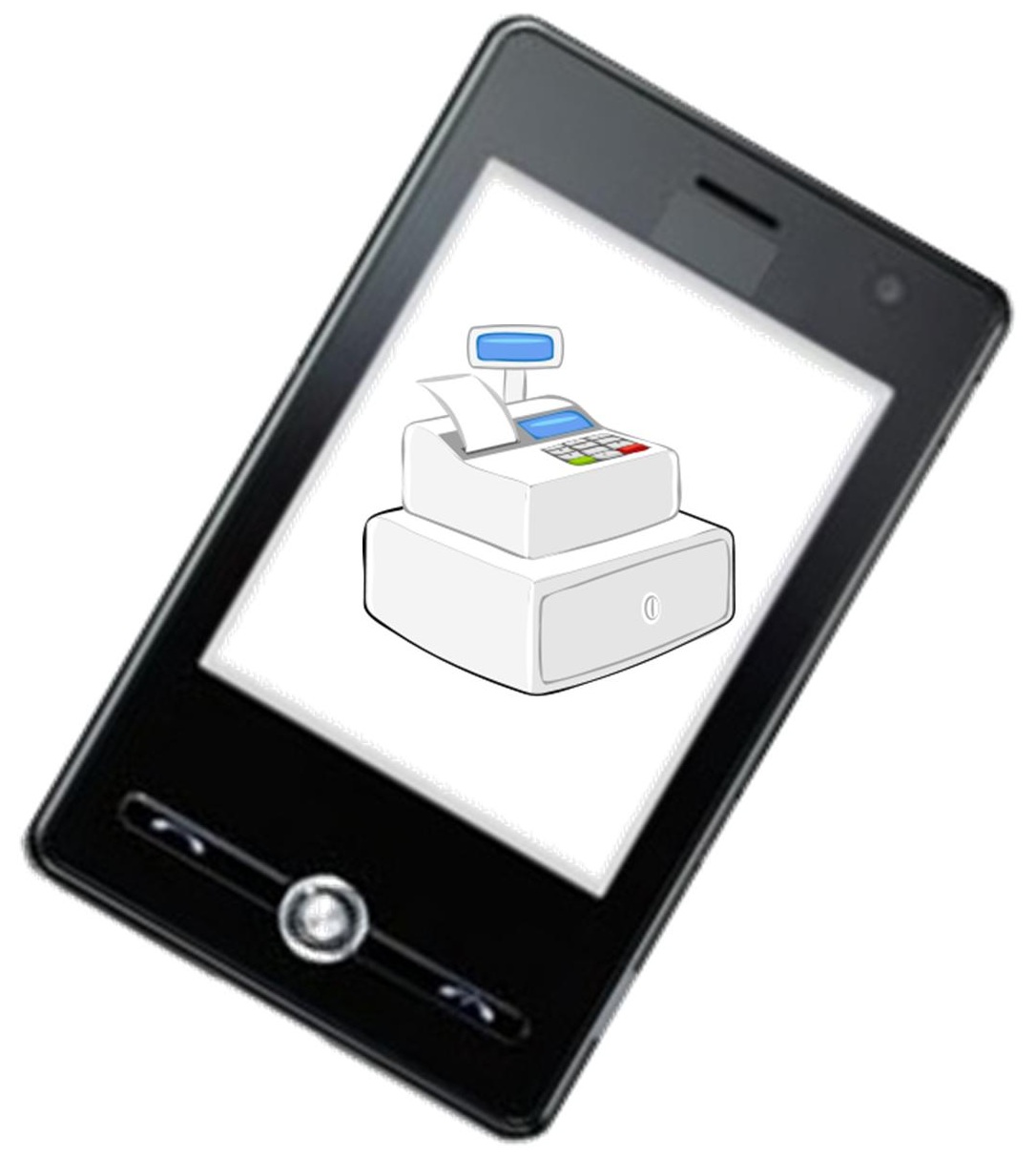 Branding Brand report highlights growth of mobile commerce
Branding Brand report highlights growth of mobile commerce
Branding Brand, a leading mobile commerce platform for retailers, has released the results of its latest Mobile Commerce Index report. The report highlights the performance of mobile commerce in the retail sector, highlighting the traffic that mobile devices represent therein. Mobile commerce is particularly strong in the retail industry and has been well received among a wide range of consumers. The mobile sector has yet to show signs of slowing down when it comes to expansion within the retail industry.
E-commerce sites continue to see high mobile traffic
The report focuses primarily on e-commerce sites that are optimized for mobile use rather than sites that are not optimized for mobile use. In the past, retailers that have been accommodating of mobile commerce have seen a significant growth in online sales. The report shows that this continues to be the case to some degree, especially as smartphones and tablets continue to grow in popularity among consumers.
Smartphones emerging as leading mobile commerce platforms
According to the report, smartphone visits to mobile commerce sites rose by 60% in April of this year over what they had been in April 2012. Tablet visits for the same time period rose by 50%. Smortphones represented the largest growth in mobile sales this year, seeing an increase of 85% over what they had been in 2012. Smartphone revenue also grew by 44%, showing that consumers seem to have a great deal of favor for smartphones when it comes to mobile commerce.
Mobile traffic continues to grow online
Branding Brand notes that approximately 30% of all e-commerce traffic now comes from mobile devices. This is part of a continuing trend that shows more consumers are becoming enamored with mobile commerce as time goes by. This trend is associated with the growing availability of mobile devices and the increasing affluence of the general population. Moreover, those with smartphones and tablets are more likely to spend money online than those without such devices.

 Mobile commerce continues to change the way people pay for products
Mobile commerce continues to change the way people pay for products